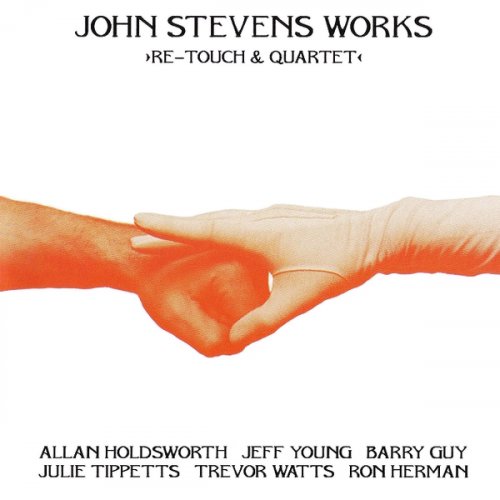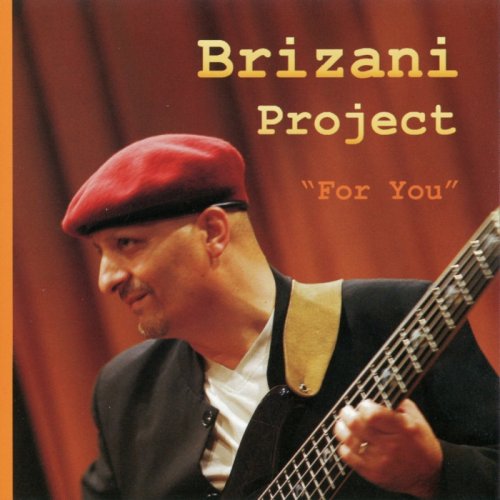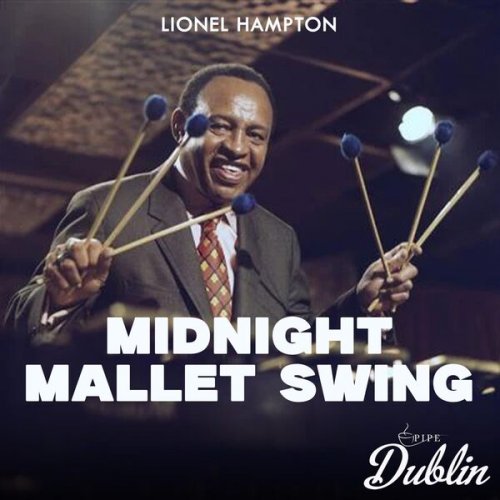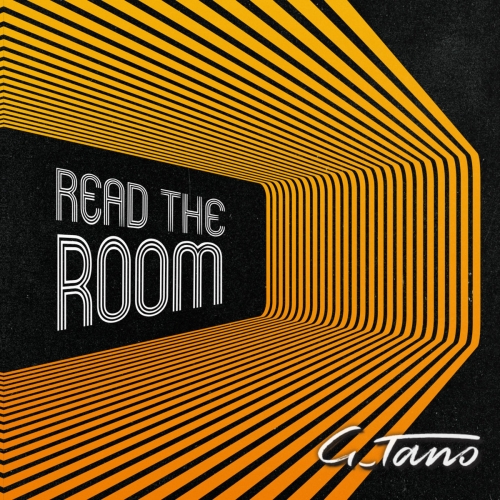Quatuor Alcan - Les Vendredis (2006)
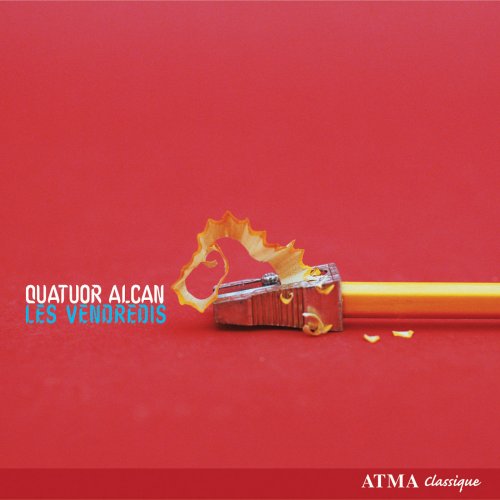
Artist: Quatuor Alcan
Title: Les Vendredis
Year Of Release: 2006
Label: ATMA Classique
Genre: Classical
Quality: FLAC (tracks)
Total Time: 1:20:23
Total Size: 370 MB
WebSite: Album Preview
Tracklist:Title: Les Vendredis
Year Of Release: 2006
Label: ATMA Classique
Genre: Classical
Quality: FLAC (tracks)
Total Time: 1:20:23
Total Size: 370 MB
WebSite: Album Preview
01. Scherzo in D Major
02. Polka in C Major
03. Berceuse in B Minor
04. Serenade in A Major
05. Scherzo
06. Sarabande in G Minor
07. Mazurka in D Major
08. Prelude and Fugue in D Minor
09. Menuet
10. Mazurka
11. Polka
12. Canon
13. Kuranta (Courante)
14. Sarabande
15. Allegro in B-Flat Major
16. Fugue
How did a French-Canadian string quartet from the chilly mining town of Chicoutimi, named after and financially backed by an aluminum-mining company, hit on the idea of recording a group of obscure pieces of Russian chamber music -- music little known even to Russophiles? One doesn't learn the answer from the booklet notes here, which are too heavy on the history of Russian music in general but rather light on this specific repertoire. The basic scene is sketched: the "Vendredis" of the album's title were Friday musicales organized by the music publisher Mitrofan Petrovich Belaiev (1836-1904), a sort of patron saint of chamber music in St. Petersburg. Several of the composers included (Borodin, Glazunov, Liadov, Rimsky-Korsakov) are familiar from their larger works, but what of Felix Blumenfeld, Nikolai Artciboucheff, and Aleksandr Kopïlov? And what are the pencil sharpener and pencil shavings on the album cover supposed to have to do with the music?
Presentational complaints aside, the Quatuor Alcan has come up with a delightful, completely fresh program and executed it competently and enthusiastically. The disc contains the mixture of serious and lighter works that was characteristic of concert programs in the nineteenth century. The Scherzo by Borodin that opens the disc is zippier than but generally comparable to his better-known string quartets, and Glazunov is represented by a highly chromatic, rather imposingly serious Preludio e fuga for string quartet. Perhaps most enjoyable are the short pieces, which succeed in taking various dances -- the polka, mazurka, minuet, sarabande -- and infusing them with Russian flavor. The Berceuse of the mysterious Maximilian d'Osten-Sacken may be based on "themes of Basse-Bretagne" (Lower Brittany), but it comes out sounding quite Tchaikovskian. The Mazurka of Liadov, track 7, has just enough intrigue in the relationship between its two strains to make this dance work in a string quartet context. There is a three-part polka collaboratively written by Glazunov, Liadov, and Nikolai Sokolov -- add that one to the small collection of collaborative works of the nineteenth century. And the Canon of Sokolov, track 12, is also well worth hearing; if you're sick of the Pachelbel Canon in D but want something similar for a wedding or other event, this little piece has a similar unfolding quality, and a similar way of hinting at melodic exuberance within the confines of a canon and its iron rules. In all, this music is just as well suited to Friday-night group listening today as it was 115 years ago. ~ James Manheim
Presentational complaints aside, the Quatuor Alcan has come up with a delightful, completely fresh program and executed it competently and enthusiastically. The disc contains the mixture of serious and lighter works that was characteristic of concert programs in the nineteenth century. The Scherzo by Borodin that opens the disc is zippier than but generally comparable to his better-known string quartets, and Glazunov is represented by a highly chromatic, rather imposingly serious Preludio e fuga for string quartet. Perhaps most enjoyable are the short pieces, which succeed in taking various dances -- the polka, mazurka, minuet, sarabande -- and infusing them with Russian flavor. The Berceuse of the mysterious Maximilian d'Osten-Sacken may be based on "themes of Basse-Bretagne" (Lower Brittany), but it comes out sounding quite Tchaikovskian. The Mazurka of Liadov, track 7, has just enough intrigue in the relationship between its two strains to make this dance work in a string quartet context. There is a three-part polka collaboratively written by Glazunov, Liadov, and Nikolai Sokolov -- add that one to the small collection of collaborative works of the nineteenth century. And the Canon of Sokolov, track 12, is also well worth hearing; if you're sick of the Pachelbel Canon in D but want something similar for a wedding or other event, this little piece has a similar unfolding quality, and a similar way of hinting at melodic exuberance within the confines of a canon and its iron rules. In all, this music is just as well suited to Friday-night group listening today as it was 115 years ago. ~ James Manheim
![Katrine Schmidt - Wearing My Heart On My Sleeve (2026) [Hi-Res] Katrine Schmidt - Wearing My Heart On My Sleeve (2026) [Hi-Res]](https://www.dibpic.com/uploads/posts/2026-02/1771145515_ugcrf0sr2pkvk_600.jpg)
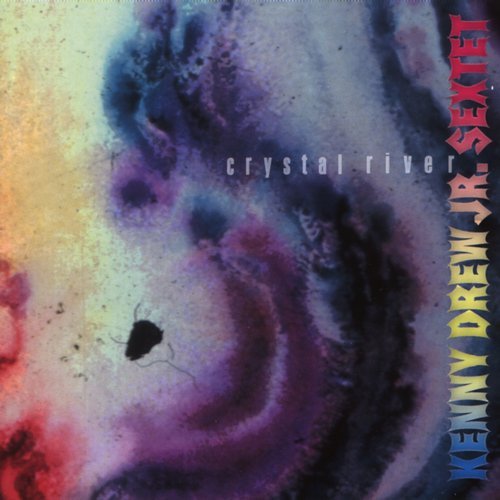

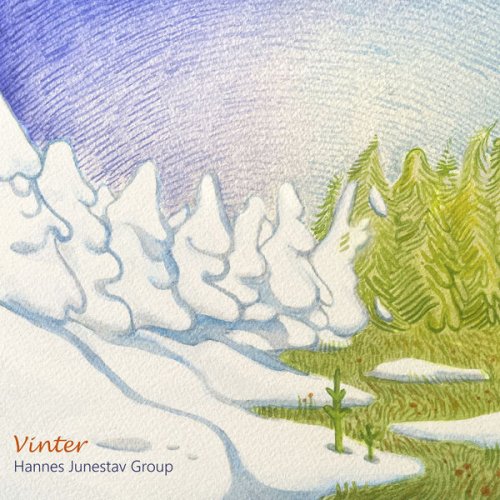
![Tiziano Tononi, Daniele Cavallanti & Nexus - Open Mouth Blues (Remastered) (2026) [Hi-Res] Tiziano Tononi, Daniele Cavallanti & Nexus - Open Mouth Blues (Remastered) (2026) [Hi-Res]](https://www.dibpic.com/uploads/posts/2026-02/1771515311_cover.jpg)
